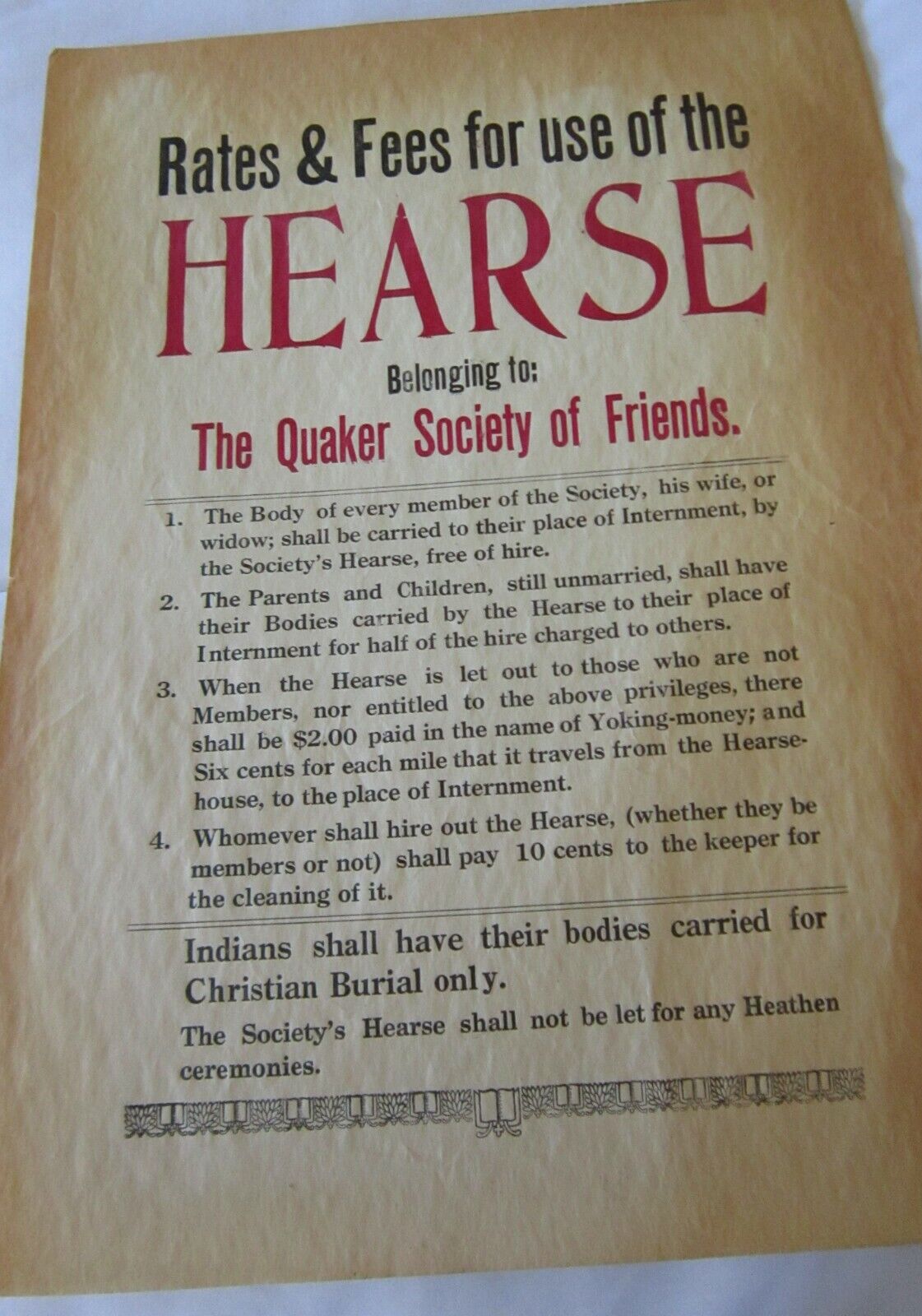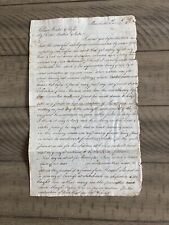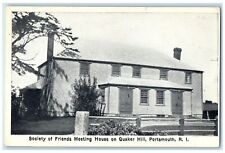When you click on links to various merchants on this site and make a purchase, this can result in this site earning a commission. Affiliate programs and affiliations include, but are not limited to, the eBay Partner Network.
11 1/4 x 15 1/2 Broadside consisting of large red and black typefaces, reportedly found on the Seneca Indian Reservation in Cattaraugus County, Western New York State and stating the rates and fees and four requirements for using the hearse owned by the Quaker Society of Friends.
“The Body of every member of the Society, his wife, or widow; shall be carried to their place of Internment, by the Society’s Hearse, free of hire.
“The Parents and Children, still unmarried, shall have their bodies carried by the Hearse to their place of Internment for half of the hire charged to others.
“When the Hearse is let out to those who are not Members, or entitled to the above privileges, there shall be $2.00 paid in the name of Yoking-money; and Six cents for each mile that it travels from the Hearse-House, to the place of Internment.
“Whomever shall hire out the Hearse (whether they be members or not) shall pay 10 cents to the keeper for cleaning it.”
Additionally, “Indians shall have their bodies carried for Christian Burial only.
“The Society’s Herse shall not be let for any Heathen ceremonies.”
Margin-toned else very good.
The Quakers ran schools on this reservation for many years. In 1790, representatives of the Seneca Nation approached Quakers in Philadelphia for assistance in educating their children. A relationship resulted between the Seneca and Friends in Philadelphia. In 1798, the Quakers came to the Allegheny Reservation and began the Friends school. Unlike other denominations, the intent of these Friends was the education of the Indians in the ways of modern agriculture and industry. Of perhaps more ultimate importance to the Seneca was Quaker assistance to those Indians opposing the Buffalo Creek Treaty of 1839, which would have sold all Seneca Land in New York and removed the bulk of Seneca Indians to Wisconsin. Although the Buffalo Creek Reservation was lost to the Seneca, the Reservations of Allegheny and Cattaraugus were preserved. A leading figure in the opposition to the Buffalo Creek Treaty was Philip Thomas, a Quaker from Baltimore. The Thomas Indian School at Cattaraugus was named for him.
After 1830, the number of Friends in western New York began to decline. The decline was ultimately reversed and in the 1920s and 1930s, meetings were established or re-established at places like Buffalo, Rochester and Syracuse.
Everything we sell is guaranteed authentic forever to the original buyer. We also offer a 30-day return policy. If you discover a problem or are dissatisfied with an item, please contact us immediately. Our goal is to please every customer. We are pleased to be members of The Manuscript Society, Universal Autograph Collectors Club, The Ephemera Society, the Southern New England Antiquarian Booksellers and the Preferred Autograph Dealers and sale House. [AM 243]




































